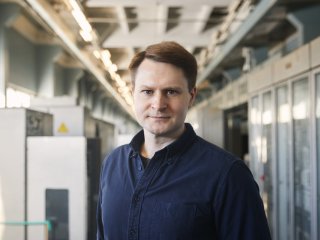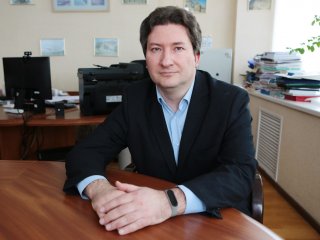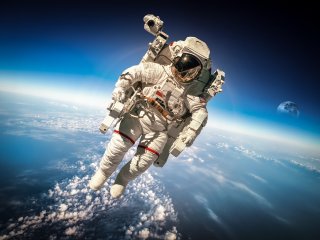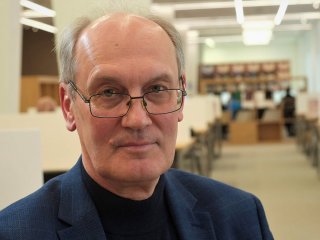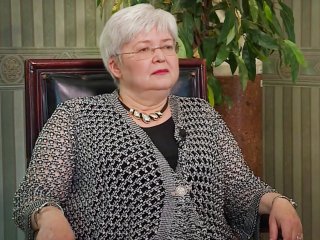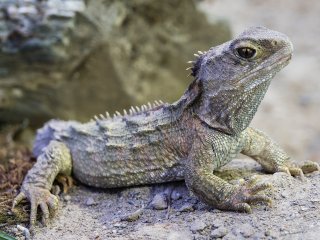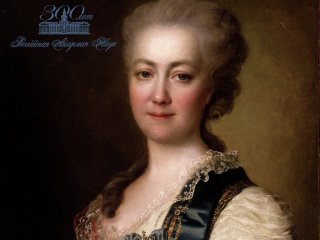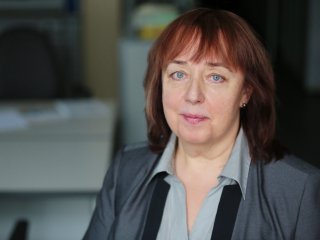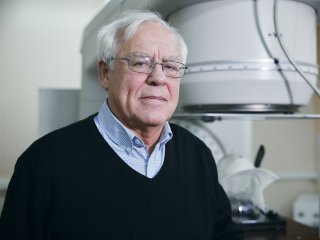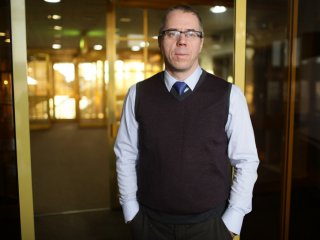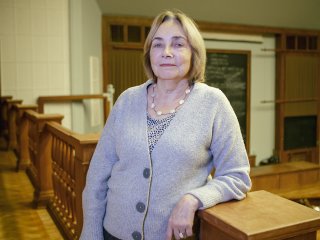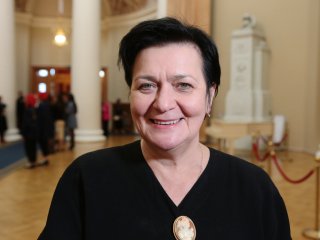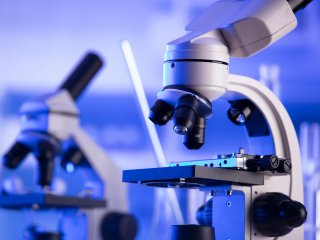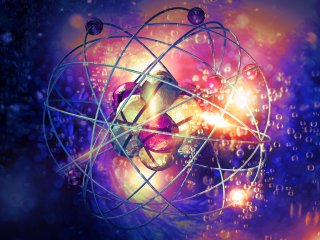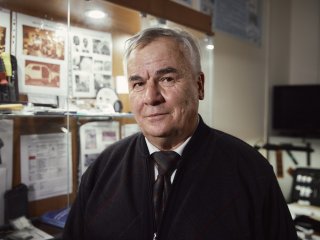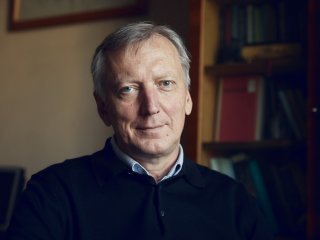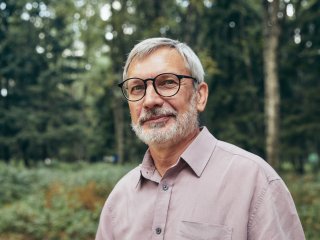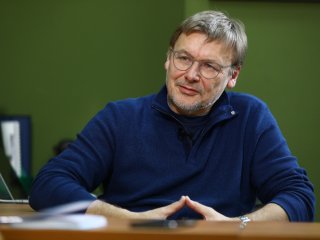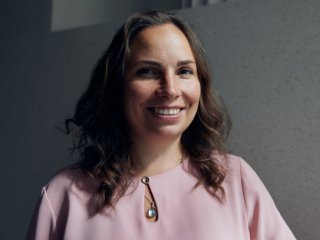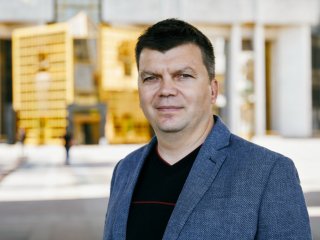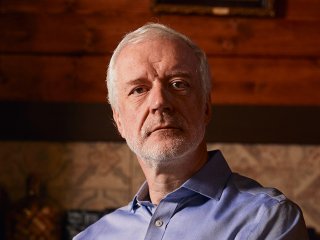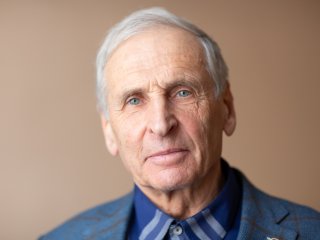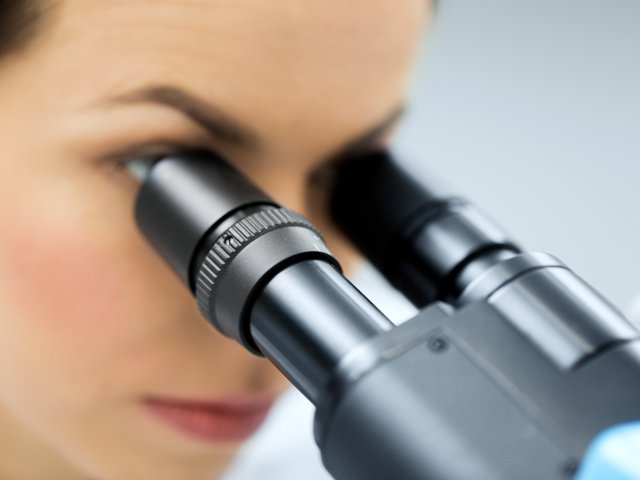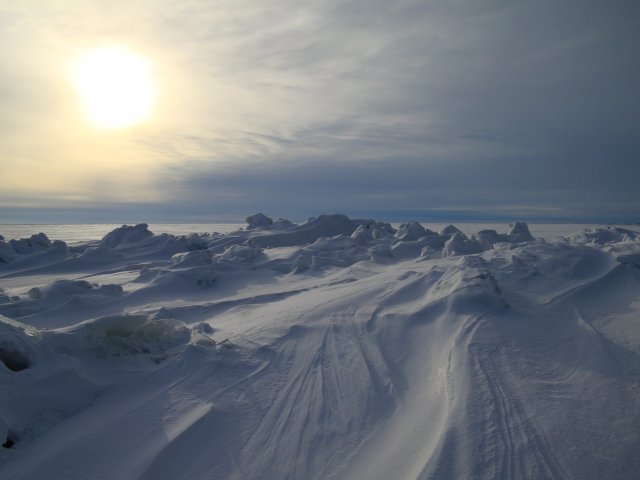News
Why are we unable to outsmart the nature and reach the speed of light? How are particle accelerators connected with our daily life, and what is the difference between circular and linear installations?
From April 1, 2023, the Central Bank of the Russian Federation is launching a project to introduce a digital ruble. What is the difference of the digital ruble from cash and noncash money?
On the International Day of Aviation and Cosmonautics, we would like to share our account of the most anticipated space missions and projects
What will SKIF, a multipurpose megascience installation for knowledge and technology of the future, be like?
About the History of Expeditions in Russia and Dramatic Events That Followed
Our planet has dozens of animal species commonly called “living fossils.” Today we will talk about the most outstanding representatives of the relic fauna
March 28th commemorates the 280th anniversary of the Princess’ birth
A “pinch” of nanotubes in concrete reduces construction costs and makes this material stronger. Our interview with the Head of the Laboratory of Carbon Nanomaterials at RosNOU will tell you about the unique properties and applications of nanotubes
The new approach was created thanks to the largest Eurasian linear proton accelerator operating in the institute
2023 has been declared the Year of the Teacher and Mentor
The chief researcher of the RAS Institute of World History tells a story of Academician Sergei Oldenburg and the significance of expeditions in the late 19th and early 20th centuries for historical and archaeological science
Bacteria and archaea were the first living organisms to appear on our planet. It has been over 2 billion years since then but these invisible creatures still perform irreplaceable functions in the circle of life on Earth. Microbiologist Yelizaveta Aleksandrovna Bonch-Osmolovskaya speaking about microbes and their role in the biosphere development
Irina Fyodorovna Popova, Corresponding Member of the Russian Academy of Sciences, Director of the Institute of Oriental Manuscripts of the Russian Academy of Sciences, renowned sinologist, Doctor of Historical Sciences, will tell us about the influence of Peter I on Oriental studies, the ties of the RAS with St. Petersburg, and research of Oriental manuscripts
Story behind the Country's Main Scientific Institution
Scientific Russia continues a cycle of January publications about the New Year celebrations, the festive season, folk beliefs and traditions
Introducing the main scientific achievements of the year in biology, chemistry, and medicine
It is about time to reflect on the year and recall the most memorable events in Russian and world physics
What skills should a forensic expert have? Why does every person need basic legal knowledge? What exposes a criminal?
An interview with Andrey Shevelkov, Corresponding Member of the Russian Academy of Sciences (RAS), head of the Inorganic Chemistry Subdepartment, the Department of Chemistry, Moscow State University (MSU), about new chemical elements, anomalous superconductors, and high-temperature superconductivity
The history of Earth comprises five major mass extinctions of animals. What reasons provoked them, and how did life on the planet develop afterwards? Is it true we are now witnessing the sixth mass extinction? How do global glaciations relate to the increase in Earth’s biodiversity?
How is traumatic memory formed, can negative experience affect the offspring? What unusual things can our brain do, and do we have a chance to recover from psychological traumas on our own? Academician and director of the Institute for Advanced Brain Studies, Lomonosov Moscow State University (MSU), Konstantin Anokhin answers these and other questions.
The atomic clock that the modern satellite navigation can hardly manage without has a lot of non-obvious applications: from a search for dark matter and a drift of fundamental constants to Earth’s gravitational potential mapping. Head of the Complex Quantum Systems Optics Laboratory of P.N. Lebedev Physical Institute of the Russian Academy of Sciences Ksenia Khabarova has told the Scientific Russia portal about the purpose of the atomic clock and its working principle
Observations and calculations show that the Milky Way will collide with its nearest neighbor, the Andromeda Galaxy, in about four billion years. What happens to galaxies during a merger? What effect will the future merger have on the Solar System?
The scientist discusses the mathematical view on the structure of our reality, the weirdness of the quantum world, and other themes in his interview with Scientific Russia
What crops are most suitable for growing in zero gravity? What difficulties did scientists face when trying to grow vegetables and greens in space? What does the innovative Russian space greenhouse look like?
Partners
Show allOur mobile application
Social networking
Recent
Popular
Lectures
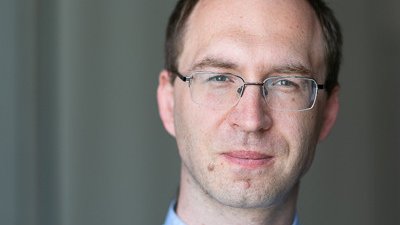
The aquatic ecosystems of the dry land intensively emit greenhouse gases. How and why? Doctor of Physical and Mathematical Sciences Viktor Stepanenko tells us about it
